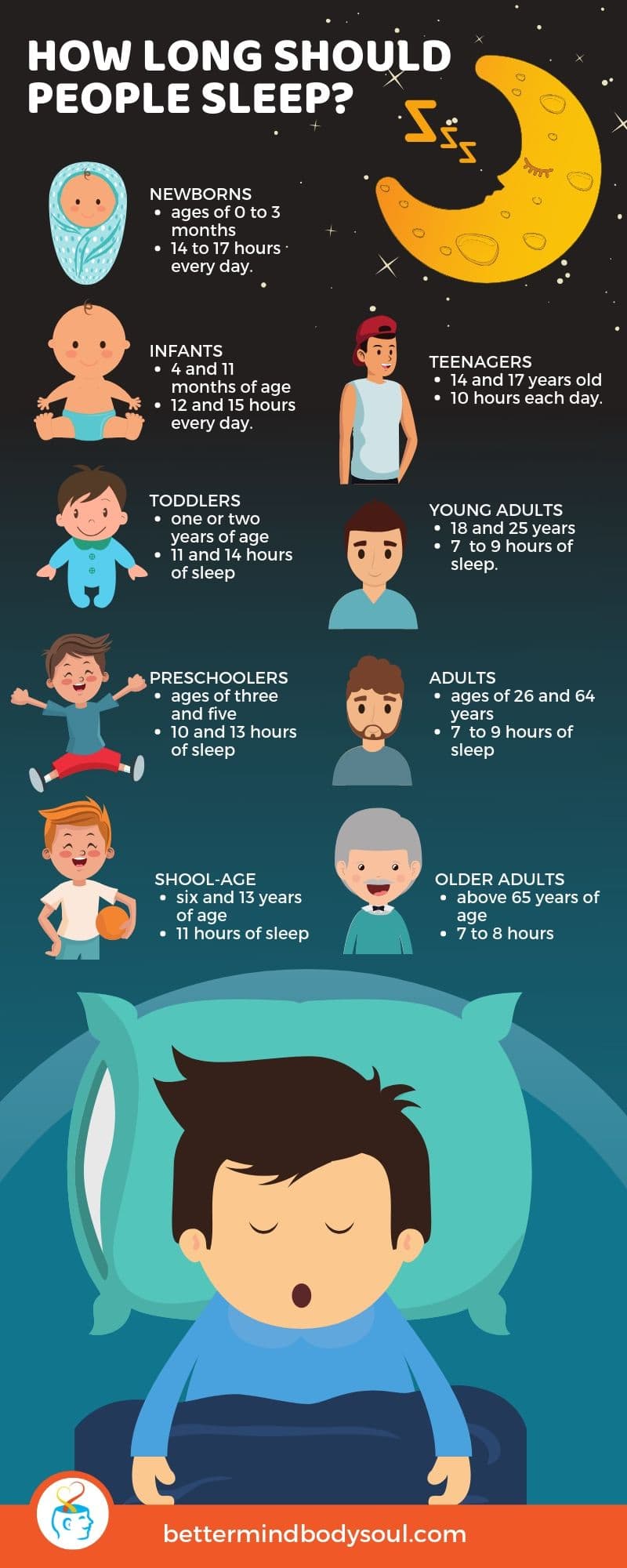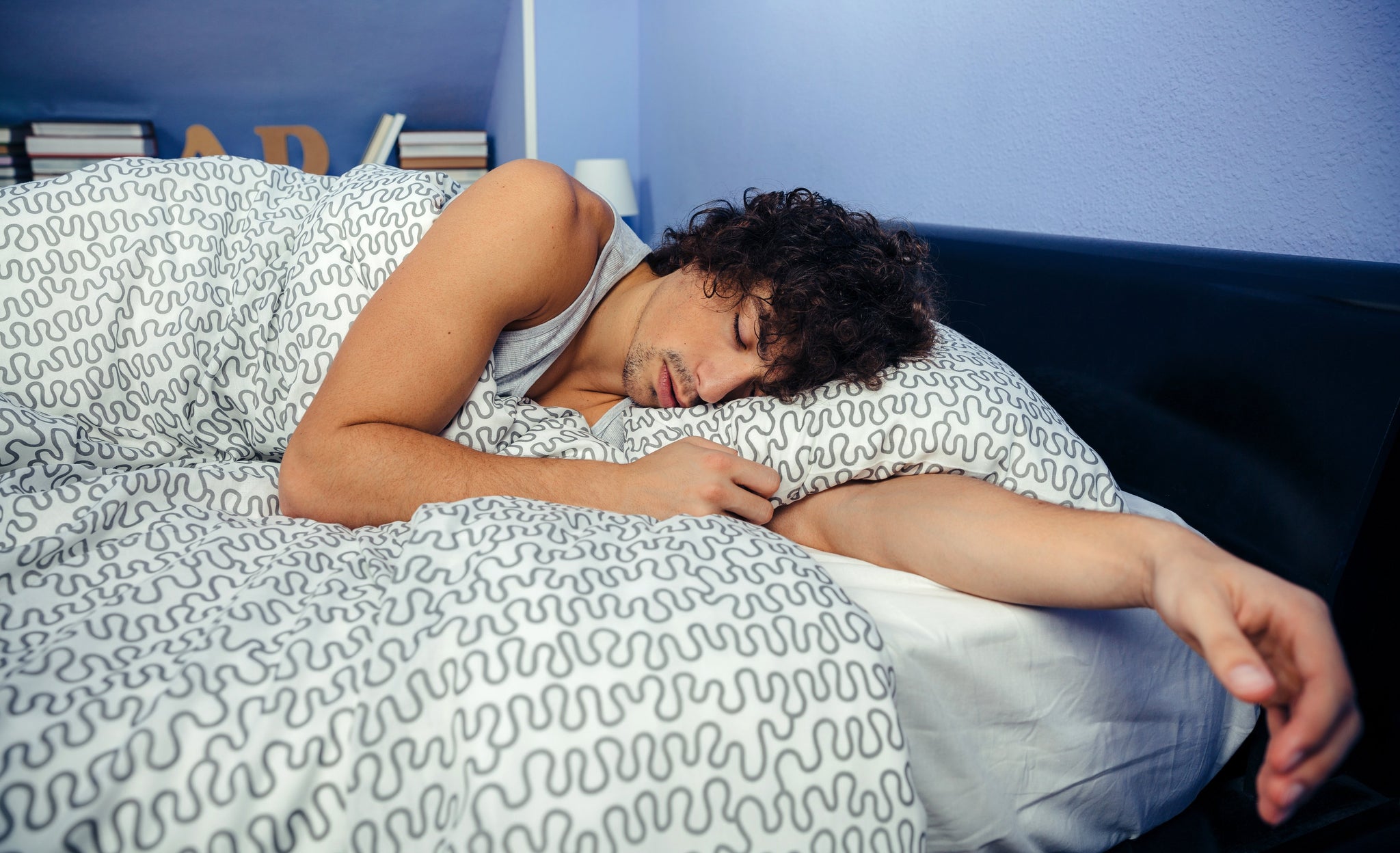


You may be asked to keep a sleep diary and you should come prepared to share any current and past medications. Q: What can I expect if I see a board-certified sleep medicine physician about a sleep problem?Ī: Your doctor will take a careful sleep history, review all medical and psychiatric problems, as well as give you a physical examination, says Emsellem. Q: What other tools do physicians use to determine if I have a sleeping disorder?Ī: There are a variety of tools used, including a sleep diary to track the sleep-wake schedule, the Epworth Sleepiness Scale and Stanford Sleepiness Scale, to assess the subjective degree of sleepiness present, the STOP-Bang sleep apnea screening questionnaire and a comprehensive sleep history. Some of the most common types of sleep disorders include insomnia, sleep apnea, narcolepsy, restless legs syndrome, parasomnias and snoring. Q: What treatments are available for sleep disorders?Ī: Treatments vary depending on the diagnosis.

Home sleep apnea tests collect data that the physician requires to diagnose sleep apnea – usually your breathing and blood oxygen level. The in-lab sleep study is recorded on video so that sleep talking and unusual behaviors may be documented. Limb movements are recorded to detect extraneous movements, possible seizure activity and periodic limb movements of sleep. The simultaneous recording of heart rate, oxygen saturation, airflow flow and respiratory effort allows us to analyze the types of breathing abnormalities present and their impact on oxygenation, cardiac function and sleep continuity. Airflow through the nose and mouth is recorded to figure out if there are abnormalities to help us determine if sleep apnea is present. The EEG data tells us how quickly an individual falls asleep and the presence of early onset Rapid Eye Movement (REM) sleep may suggest sleepiness and a possible disorder of alertness, says Emsellem. The in-lab sleep study records EEG activity, eye movements and muscle tone. Q: What will a sleep study tell me?Ī: A standard in-lab sleep study (polysomnogram) records information that allows the sleep physician to evaluate the sleep stages and their sequence during the night. Other sleep disorders such as insomnia and restless legs syndrome (RLS) do not require a sleep study to diagnose, but rather history.
:max_bytes(150000):strip_icc()/what-time-should-you-go-to-sleep-4588298-d1e97ef56a4f40a9be693b864b3f6232.png)
In many cases, the physician will recommend a home sleep apnea test if he or she suspects you have sleep apnea. If the sleep physician thinks you may have obstructive sleep apnea (OSA), a hypersomnia such as narcolepsy or a parasomnia such as sleep walking or nocturnal eating, then he or she will recommend a sleep study. This includes a sleep diary to track your sleep-wake pattern, your complete medical history and a physical examination. The sleep physician will first attempt to determine the nature of a sleep problem and its treatment. Helene Emsellem, Medical Director for the Center for Sleep & Wake Disorders in Chevy Chase, Md. The first step in determining whether you have a sleep disorder might not necessarily be a sleep study, says Dr. Q: How can I determine if I need a sleep study?Ī: Your board-certified sleep medicine physician will decide if you need a sleep study. Below are answers to some of the most common questions about sleep studies. If you suspect you may have a sleep disorder, a sleep study at an AASM-accredited sleep center is the best way to find out.


 0 kommentar(er)
0 kommentar(er)
